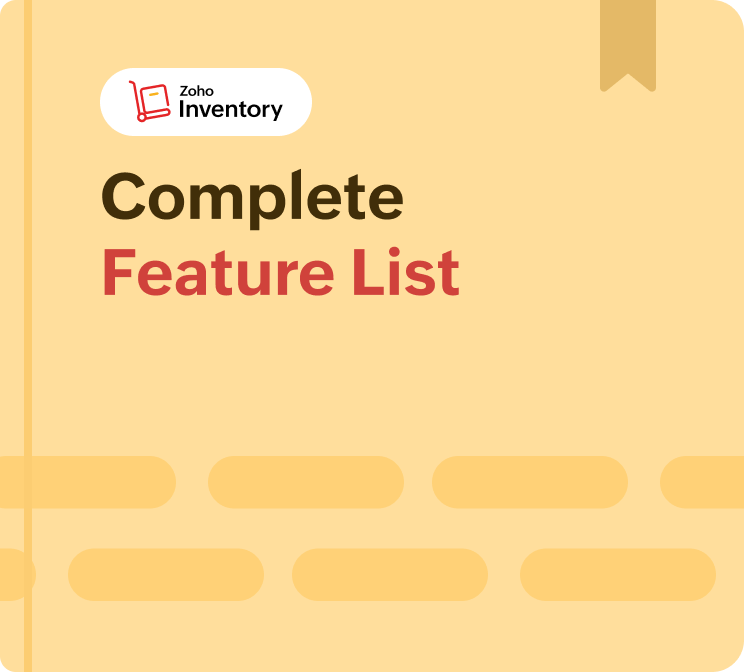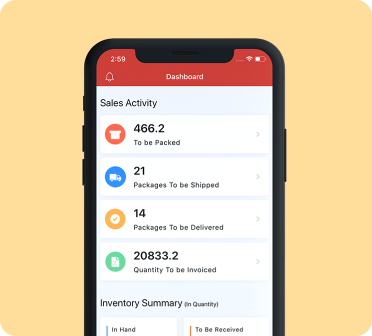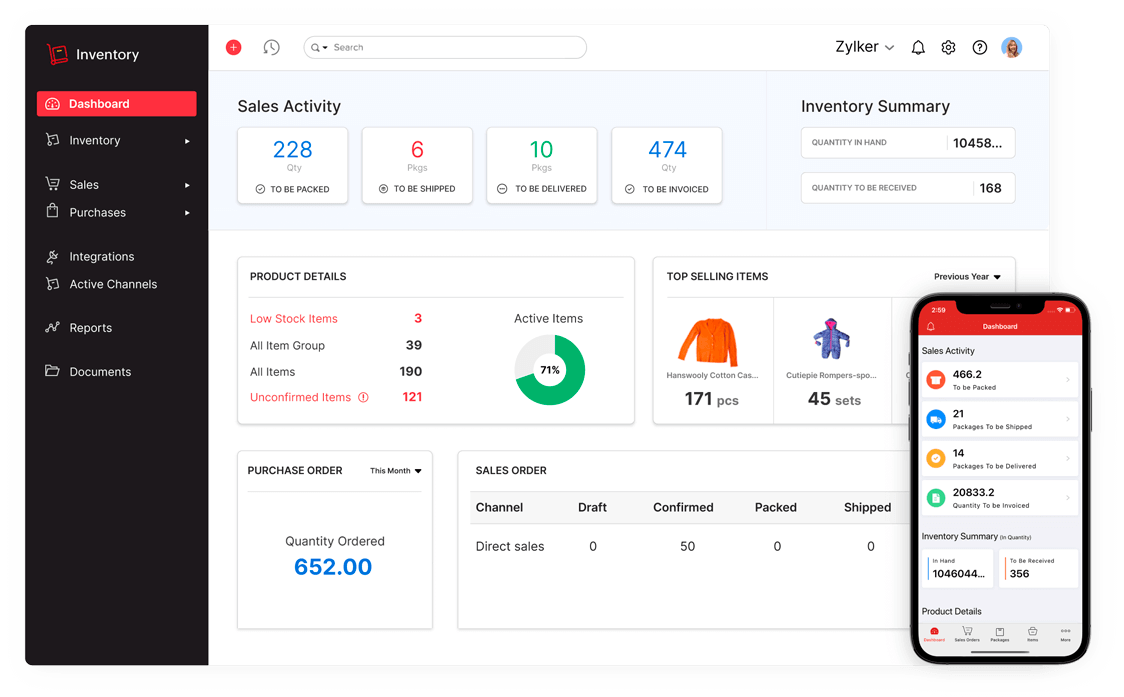Menu
-
Features
FEATURES PDF
-
Solutions
INDUSTRY
USE CASES
FEATURES PDF
- Pricing
-
Integrations
INTEGRATIONS
-
Marketplace
-
Shopping Cart
-
Accounting
-
Shipping
-
Sales & Marketing
-
Payment Services
-
Analytics
-
EDI
-
Zoho Apps
-
Other Apps
-
-
Resources
CONNECT
LEARN
FEATURED WEBINAR

FEATURED GUIDES

Efficient warehouse labeling: Pratical Guide
4 MINS READRead now
Menu
-
Features
FEATURES PDF
-
Solutions
INDUSTRY
USE CASES
FEATURES PDF
- Pricing
-
Integrations
INTEGRATIONS
-
Marketplace
-
Shopping Cart
-
Accounting
-
Shipping
-
Sales & Marketing
-
Payment Services
-
Analytics
-
EDI
-
Zoho Apps
-
Other Apps
-
-
Resources
CONNECT
LEARN
FEATURED WEBINAR

FEATURED GUIDES

Efficient warehouse labeling: Pratical Guide
4 MINS READRead now
- Mobile
- Small Business Guides
- Developers
Menu
-
Features
FEATURES PDF
-
Solutions
INDUSTRY
USE CASES
FEATURES PDF
- Pricing
-
Integrations
INTEGRATIONS
-
Marketplace
-
Shopping Cart
-
Accounting
-
Shipping
-
Sales & Marketing
-
Payment Services
-
Analytics
-
EDI
-
Zoho Apps
-
Other Apps
-
-
Resources
CONNECT
LEARN
FEATURED WEBINAR

FEATURED GUIDES

Efficient warehouse labeling: Pratical Guide
4 MINS READRead now































